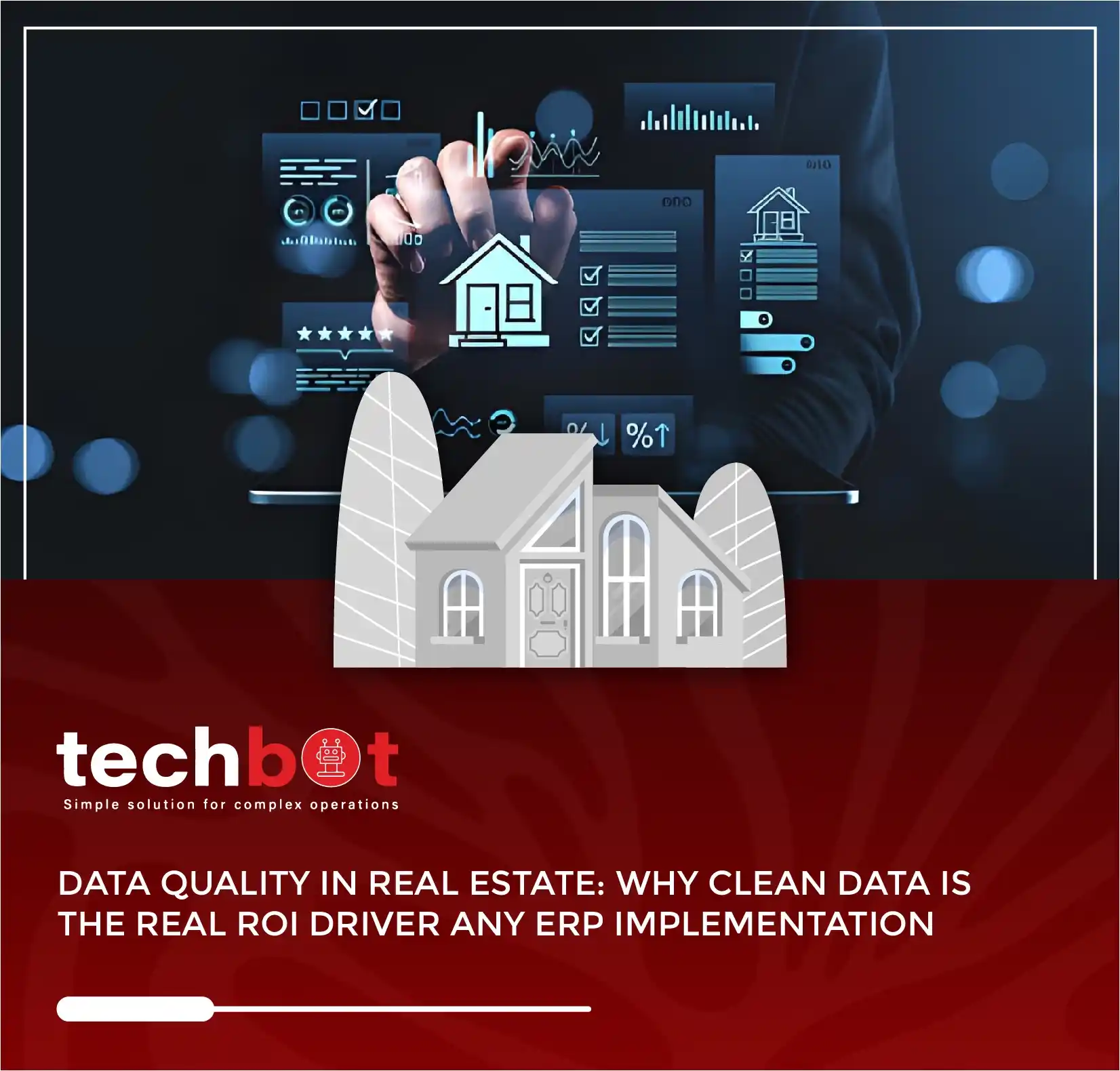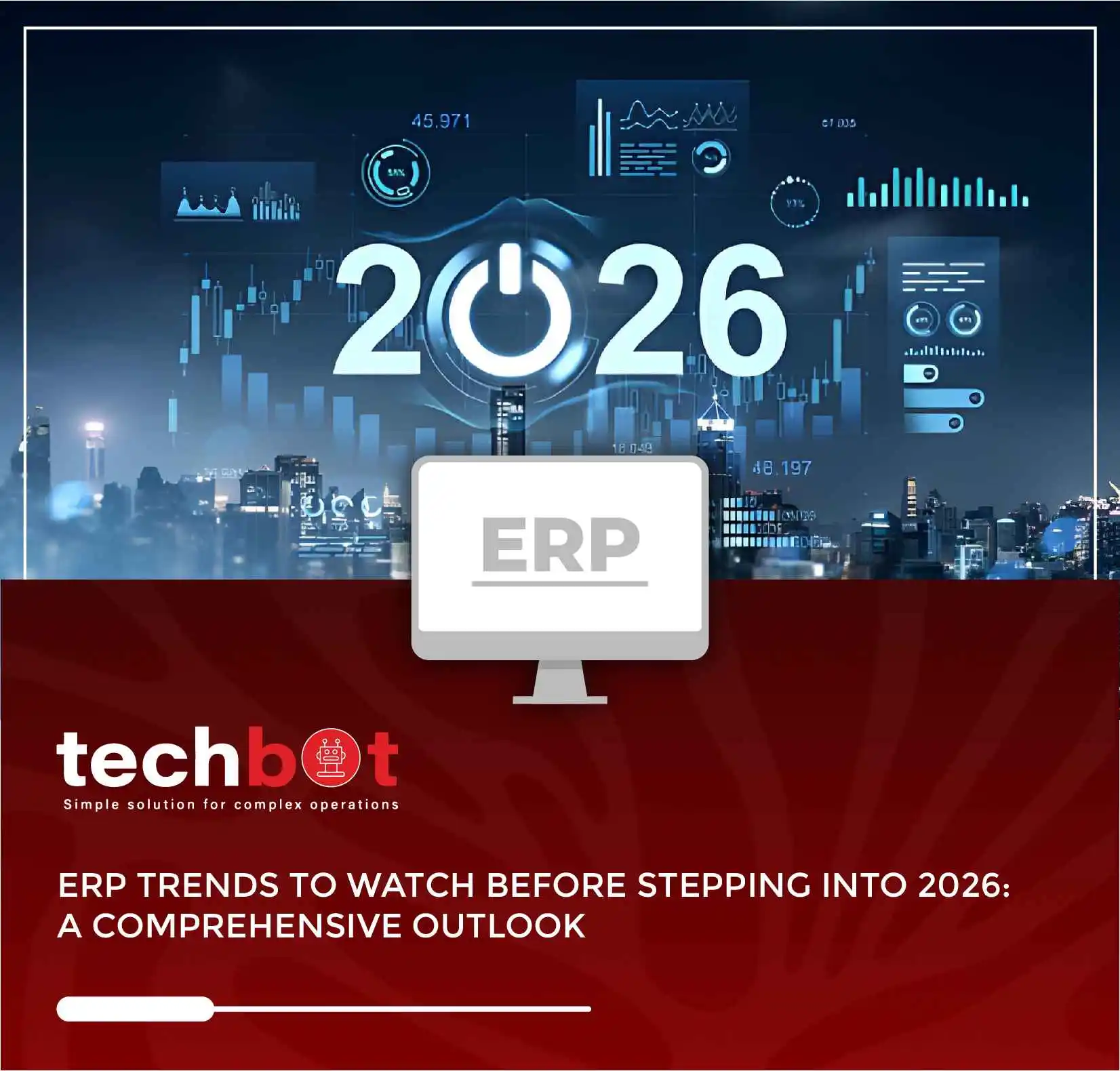Make The Right Choice With The Best ERP For Manufacturing
Moossa M. Alavi
Moossa M. Alavi is the Founder & CEO of Techbot ERP and Altamyz Advertising. He is a certified Odoo consultant with more than 27 years of experience in business, advertising, and ERP software. Moossa started his career in the UAE in 1997 with a well-known group in Abu Dhabi. Over the years, he built his own companies to help other businesses work better using technology. Moossa helps with customized ERP implementation for various industries, including manufacturing, insurance, supercar rental, and logistics, through Techbot ERP. He resolves these issues with Odoo ERP and supports businesses in growing with the right assets and guidance. Moossa has received many awards for his work, including the Arabian Best of Best Award and the Industry Leader Award from BNI UAE. He is also a BNI Ambassador and mentors other business owners. He believes in giving back to the community and helping others grow, following the “Givers Gain” principle.
Share this post
Latest Post
Recent Posts
- How our ERP solution simplifies multi property management
- UAE E‑Invoicing Phases and Deadlines: What Businesses Need to Know | A Complete Guide
- Odoo Pricing Guide for the UAE 2026 | Key Factors to Consider Before Your Implementation
- Why Clean Data Drives The Highest ROI In Real Estate ERP Projects
- ERP Trends To Watch Before Stepping Into 2026: A Comprehensive Outlook
- Importance Of ERP For Growth And Compliance In Real Estate
- Why You Should Consider Odoo 19 For Your Next ERP Upgrade
- Odoo 19 Migration For Real Estate: Benefits, Risks & Migration Checklist
- How AI Agents In Odoo 19 Are Revolutionizing Business Support
- Top 7 Odoo 19 AI Features Transforming Business Workflows
Selecting the right ERP for manufacturing is more than just picking software. It is about optimizing production, reducing waste, and staying ahead of the competition. One of the biggest challenges manufacturers face is inventory forecasting. Without accurate predictions, businesses risk material shortages, production delays, and missed deadlines.
An ERP system designed for manufacturing solves this by providing real-time inventory tracking, automated forecasting, and seamless production scheduling. This ensures that the right materials are available at the right time, preventing disruptions and keeping operations smooth.
At Techbot, we understand how critical inventory forecasting is for manufacturers. Our ERP solutions help businesses anticipate demand, optimize stock levels, and meet deadlines without overstocking or running out of materials. With our customize ERP solution, you gain full control over your production workflow, reducing inefficiencies and improving profitability.
Ready to take control of your inventory and production? Techbot ERP is here to help.
Do you know
Manufacturers represent the largest segment of ERP system users, accounting for 47% of the market.
Key features of the best ERP for manufacturing

Choosing the right manufacturing ERP is more than just upgrading software; it’s about solving real operational challenges. From managing production schedules to tracking inventory in real-time, an ERP system should simplify complex processes and boost efficiency.
Techbot Information Technology LLC specializes in ERP implementation for the manufacturing industry, helping businesses optimize operations, reduce waste, and improve decision-making. Here’s how the right ERP features can make a difference:
✅ Real-time inventory management – keep track of stock levels and avoid production delays. A system with automated inventory tracking ensures materials are always available, reducing downtime and improving efficiency.
✅ Production planning and scheduling – Ensure a smooth workflow and on-time deliveries. Advanced planning tools help optimize resource allocation, reduce bottlenecks, and prevent last-minute material shortages.
✅ Order and supply Chain management – manage suppliers, orders, and logistics efficiently. Integrated supply chain management helps improve coordination between departments and reduce lead times.
✅ Financial and cost tracking – monitor expenses and profitability with accurate data. Having clear insights into production costs allows businesses to make smarter pricing and budgeting decisions.
✅ Integration with other tools – connect with accounting, CRM, and supply chain systems. Seamless integration ensures data consistency across different departments, improving overall efficiency.
Struggling with inventory forecasting? Implementing the right manufacturing ERP can help you optimize stock levels, reduce waste, and improve production efficiency.
Get the latest tips and updates on ERP software solutions. Subscribe to our newsletter and stay ahead in business!

ERP implementation in the manufacturing industry: What to expect
Implementing an ERP system can feel overwhelming, but it does not have to be. With proper planning, businesses can successfully transition to a more efficient way of working. Understanding the process in advance can help minimize disruptions and set clear expectations for your team.
The process usually involves:
- Assessing Business Needs – Identify the pain points and challenges that the ERP should solve. This helps in selecting the right modules and features required for your operations.
- Choosing the Right ERP Provider – Compare different ERP solutions to find one that fits your budget and needs. Evaluating scalability and vendor support is crucial to ensure long-term benefits.
- Planning the Implementation Process – Set up timelines and assign responsibilities. Proper planning reduces downtime and ensures a smooth transition.
- Training Your Team – Ensure employees are comfortable using the new system. Providing hands-on training improves adoption rates and reduces resistance to change.
- Monitoring and Optimizing Performance – Regularly check if the ERP is meeting your expectations and make necessary adjustments. Continuous monitoring ensures that the system remains aligned with business goals.
Best software for manufacturing business: How to choose
Finding the best software for a manufacturing business involves more than just picking a well-known brand. It is about choosing a solution that aligns with your production needs, business goals, and budget. The right software will improve productivity and make day-to-day operations more efficient.
When selecting an ERP, consider:
- Scalability – Can it grow with your business? A scalable ERP allows you to expand operations without having to replace the system.
- Ease of use – Is the interface user-friendly? A simple and intuitive dashboard makes it easier for employees to navigate and use the system effectively.
- Customization options – Can it be adjusted to your unique workflow? Flexible ERP solutions can be tailored to meet industry-specific requirements.
- Customer support – Is help available when you need it? Reliable customer support ensures that any issues are resolved quickly, minimizing downtime.
How ERP for industrial equipment manufacturers adds value
Industrial equipment manufacturers face unique challenges, from managing complex supply chains to tracking large-scale production. Without the right system, handling these processes can become a logistical nightmare. An ERP system helps simplify these tasks and ensures smooth operations.
It helps with:
- Efficient resource allocation – Manage raw materials and machine usage effectively. Proper resource planning ensures optimal utilization and reduces waste.
- Project and job costing – Keep track of costs at every production stage. This helps businesses maintain profitability and prevent budget overruns.
- Compliance and quality control – Ensure industry standards are met. Automated compliance tracking ensures adherence to regulations and improves product quality.
Why inventory management software for manufacturing industry is essential
Managing inventory manually is time-consuming and prone to errors. A manufacturing business needs accurate stock tracking to prevent overstocking, shortages, and production delays. An ERP with strong inventory management capabilities simplifies this process and improves efficiency.
With inventory management software, manufacturers can:
- Track stock in real time – avoid shortages and overstocking. This helps businesses maintain optimal inventory levels and reduce carrying costs.
- Reduce waste – minimize unused materials and excess storage costs. Proper tracking ensures that raw materials are used efficiently before they expire or become obsolete.
- Improve order fulfillment – ensure that customer orders are processed without delays. Faster order processing leads to higher customer satisfaction and repeat business.
Making the right ERP decision
Choosing the right system for manufacturing is a crucial decision that directly impacts efficiency and profitability. The right solution helps manufacturers optimize inventory forecasting, reduce costs, and make informed business decisions. Without accurate inventory predictions, production delays and missed deadlines can become costly challenges.
If you want to improve manufacturing operations, it is important to select a system that ensures smooth inventory management and production planning.
At Techbot, we provide customized solutions designed for manufacturing needs. As an Odoo partner, we help businesses improve productivity, enhance inventory forecasting, and prevent production bottlenecks. Our team offers expert guidance, smooth implementation, and ongoing support to ensure long-term success.
Take control of your production processes with Techbot ERP, where accuracy meets efficiency.
Frequently Asked Question
1. How can Techbot ERP help manufacturers track and reduce material waste?
Material waste, like scrap from sheet cutting, can significantly impact costs. Techbot ERP, powered by Odoo, enables manufacturers to track byproducts in real time, reintegrate usable scraps into inventory, and minimize unnecessary waste, leading to better cost savings.
2. How does Techbot improve inventory forecasting for smooth production planning?
Many manufacturers struggle with stock shortages and production delays due to poor forecasting. We provide real-time inventory insights, automated demand forecasting, and low-stock alerts, ensuring businesses always have the right materials at the right time.
3. Why should manufacturers replace Excel and Google Sheets with Techbot?
Spreadsheets cause errors and inefficiencies due to manual data entry and lack of real-time updates. We offer a centralized Odoo-based system that connects production, sales, and inventory, improving accuracy and streamlining operations.
4. Is Odoo ERP difficult for employees with limited computer skills to use?
We ensure a smooth transition by implementing Odoo’s user-friendly interface. Features like barcode scanning and automated workflows reduce complexity, making it easy for employees to adapt with minimal training.
5. How do barcode scanners and automation in Techbot ERP benefit manufacturing businesses?
We help you integrate barcode scanners and automation within Odoo, improving stock management, reducing human errors, and enhancing overall efficiency in manufacturing operations.

Get the latest tips and updates on ERP software solutions. Subscribe to our newsletter and stay ahead in business!
Latest Post
Recent Posts
- How our ERP solution simplifies multi property management
- UAE E‑Invoicing Phases and Deadlines: What Businesses Need to Know | A Complete Guide
- Odoo Pricing Guide for the UAE 2026 | Key Factors to Consider Before Your Implementation
- Why Clean Data Drives The Highest ROI In Real Estate ERP Projects
- ERP Trends To Watch Before Stepping Into 2026: A Comprehensive Outlook
- Importance Of ERP For Growth And Compliance In Real Estate
- Why You Should Consider Odoo 19 For Your Next ERP Upgrade
- Odoo 19 Migration For Real Estate: Benefits, Risks & Migration Checklist
- How AI Agents In Odoo 19 Are Revolutionizing Business Support
- Top 7 Odoo 19 AI Features Transforming Business Workflows






